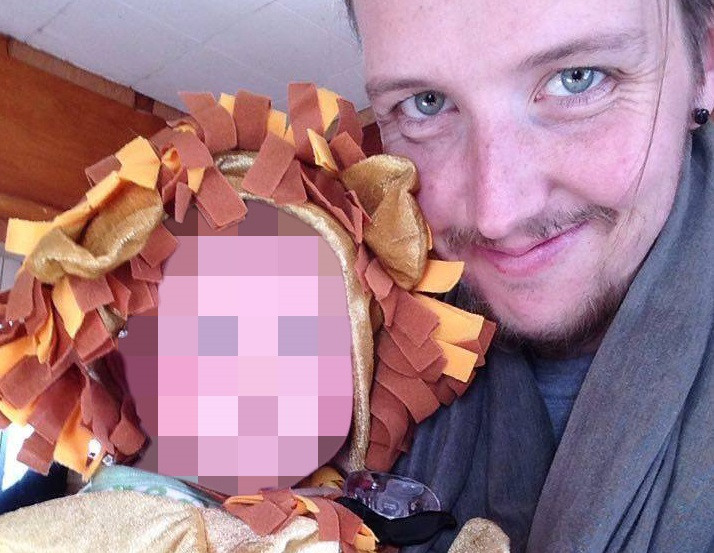Canadian baby could become world's first to have gender registered as 'unknown'
Kori Doty said assigning a gender at birth is a violation of a child's human rights.

A baby in Canada could become the world's first to have their gender registered on a birth certificate as "unknown" after a campaign by their parent.
Kori Doty, a non-binary trans parent who identifies as neither male nor female, gave birth to Searyl Atli last November and wants to raise it without imposing a gender.
Telling a baby they're a boy or a girl at birth is a violation of a child's human right to freely express themselves, Doty argues.
"I'm raising Searyl in such a way that until they have the sense of self and command of vocabulary to tell me who they are, I'm recognising them as a baby and trying to give them all the love and support to be the most whole person that they can be outside of the restrictions that come with the boy box and the girl box," Doty told CBC News.
They – Doty's preferred pronoun when being referred to – said their home province of British Columbia is refusing to issue baby Searyl a birth certificate without a specified gender.
Last month saw a victory of sorts when the province sent out the child's health card with a "U" for gender, assumed to mean "undetermined" or "unassigned", so they could access medical services.
Doty's lawyer, "barbara findlay", who asks that her name be spelt without capital letters, said British Columbia birth certificates only accommodate male or female genders.
"Certainly, our culture is obsessed with [a baby is] a boy or a girl, but the government doesn't have any business certifying that information when they don't know it to be true," Findlay said.
Other provinces in Canada are currently looking into introducing a third non-binary option on official documents, but Doty wants to go one further and applied for a judicial review to not include any gender identification on Searyl's birth certificate.
Doty hopes to extend this to all official documents, including passports and driving licenses, as she said having to change government records later in life is often a difficult process for trans people.
"When I was born, doctors looked at my genitals and made assumptions about who I would be, and those assignments followed me and followed my identification throughout my life," Doty said.
"Those assumptions were incorrect, and I ended up having to do a lot of adjustments since then."
Doty is currently one of eight complainants presenting the same argument in relation to her own documents in a case currently in front of the British Columbia Human Rights Tribunal, CBC reported.
Earlier this year, the province introduced a bill to protect trans people by adding "gender identity and expression" legislation to the Human Rights Code.
A date has yet to be set for Doty's judicial review.
© Copyright IBTimes 2025. All rights reserved.




















